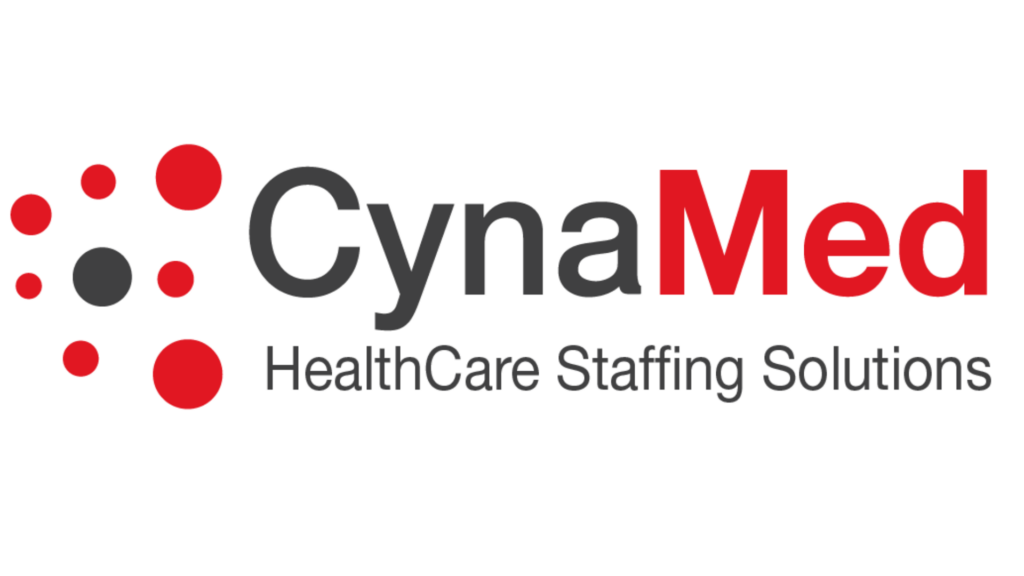
Home » Personal Care Aide
Personal Care Aide
Ready to Get to Work? Apply today start working in as little as 24-hours. Or, signup for job alerts and be notified of new opportunities!
Personal Care Aide (PCA)
Personal Care Aides (PCAs), or caregivers, are a vital part of the personal care staff at a variety of facilities. This goes from hospitals to nursing homes and adult daycare centers, or even private residences. Working as a PCA is a great way to start your nursing career. Plus, CynaMed’s network of recruiters can help you find a PCA position that suits your needs and goals.
Personal Care Aides are always in high demand. Also, this is a great career for anyone who believes that caring for others is important. The following overview of the responsibilities, skills, and qualifications for Personal Care Aide workers can help you decide whether or not this is the right career for you.
What Are the Responsibilities of a Personal Care Aide?
A Personal Care Aide works directly with a patient that may have mental or physical disabilities. In other words, PCAs work with patients that require assistance performing some everyday tasks. Common tasks that a PCA can perform include, but are not limited to, helping patients cook, dress, or use the restroom. PCAs can also assist with basic housekeeping. The specific duties of a PCA will vary depending on their work setting and the needs of their patient or patients.
Personal Care Aides can find employment at hospitals, nursing homes, or private residences. Some PCAs may work with one patient, while others may work with multiple patients—depending on their workplace setting.
What Skills Does a Personal Care Aide Need?
Compassion and interpersonal skills are among the most important skills of a Personal Care Aide. Personal Care Aides spend their days helping others perform routine tasks, so understanding the needs and wishes of the patient, and helping them feel comfortable, is crucial.
Other important skills for a PCA include strong communication, organization, time management, patience, and cleanliness. Working as a PCA does not just mean helping your patient when they ask for help, but also recognizing what the patient may need when they are unable to recognize or communicate their needs—and helping to maintain their health and well-being throughout the day. Due to the wide variety of demands that a PCA can face, flexibility is also a very important skill, particularly when working with multiple patients.
How to Become a Personal Care Aide in Pennsylvania
The qualifications for working as a Personal Care Aide may vary from state to state. Pennsylvania does not require any formal training or certification to work as a PCA. Nevertheless, anyone interested in working in this role must seriously consider how well-suited they are for the position.
While no certification is necessary to work as a PCA in Pennsylvania, it is a good position for individuals who are working on achieving another certification, such as a Home Health Assistant (HHA) or Certified Nursing Assistant (CNA). Many of the duties of a PCA and HHA overlap. Nevertheless, an HHA is authorized to offer basic health services, whereas PCAs are not.
Training as a Home Health Aide can open more doors for you, but working as a Personal Care Aide is a great way to gain experience and find steady, valuable, and rewarding work in the healthcare industry—without a certification or license.
If you would like to work as a Personal Care Aide in the Pittsburgh area, get in touch with CynaMed today. We can help you by finding you the ideal PCA position in the proper setting. CynaMed has the resources to place those with experience in Personal Care and assisted living homes into fulfilling jobs. To get started, apply on our website or visit us in person. From there, CynaMed will work with you to find a position that meets your scheduling and workplace needs, and provide ongoing resources to help ensure success at your new job.
Blog
- All
- Blog
- All
- Blog
Look to CynaMed for Resources On Certified Med Tech Classes
Licensed Practical Nurses: The Heart of Care in Senior Living Communities
How CynaMed Connects Skilled Healthcare Professionals with Fulfilling Careers







